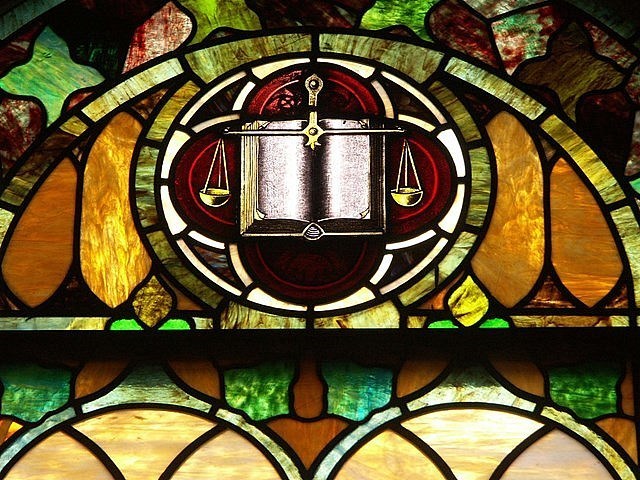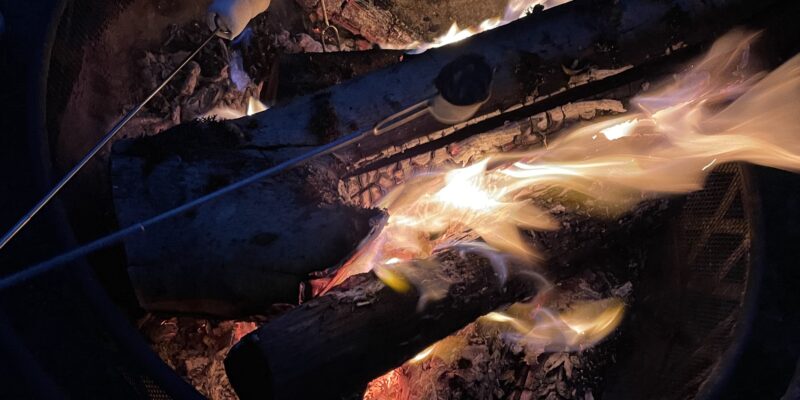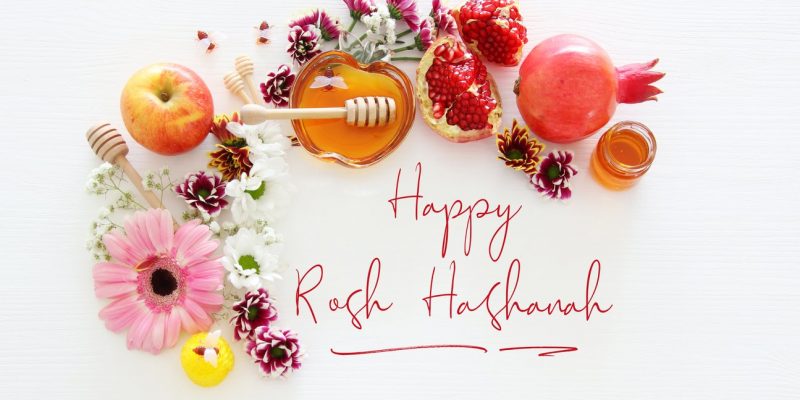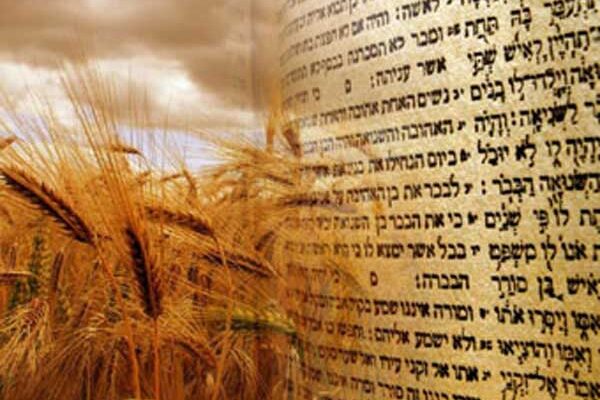So quickly after Rosh HaShanah, the New Year, and in the midst of starting the school year with all its schedule changes and additional activities, we also came to the threshold of Sukkoth. We built a Sukkah and prepared our feast. We joined one another for dinner out of doors.
I must admit that Sukkoth was a holiday I was most familiar with, having taught a biblical literature course on Exodus and Deuteronomy for many years. While I was familiar with the instruction in Leviticus 23 as a celebration of remembrance for the Israelites whose ancestors wandered in the Wilderness after leaving Egypt by God’s hand. The Sukkah is a tent, with three sides and a roof for shelter. One side remains open, exposed to the elements of nature.
As an autumn holiday, Sukkoth is filled with foods rich in vegetables and nutritious and colorful ingredients. We are a dairy-free household, but it was easy to put together a menu with lots of variety and richness of color. We made Moroccan-style chicken, salad stuffed avocados, and spice cake with coconut whipped cream topping. It was nice to gather and eat together outdoors, and we made a good connection after a very busy week of adjusting to a new schedule for my work and the kids being back to school in person. From what I’ve read, this holiday should include families and friends joining together. I imagine a whole neighborhood filled with Sukkahs, lit up in the evening with laughter, lights, and warm food. What a beautiful way to transition to Autumn!








Some additional thoughts on the time of year: as a scholar, I am bound to the academic calendar. As a mother also, the school year calendar is the greatest anchor of gravity for scheduling in my household. Our year begins late August, as we all prepare to enter a new class schedule, meet new teachers and students, and engage in readings, exams, homework, and study sessions. The Hebrew Calendar fits well in my world, recognizing the beginning of a New Year at the start of a seasonal change. However, the celebration of Rosh Hashanah, Yom Kippur, and Sukkoth back-to-back took a toll on us as a family already dealing with great change.
I imagine to do this annually, and even on a larger scale, with other families, would be a great burden. And so it is. I learned from. friend that many Jewish families must keep their kids at home for the first few weeks of school in order to fully celebrate. It is easy to see that even with all the modern attempts to make space for various religious holidays in the West, it is not so easily done. I think about the religious traditions I grew up with, the Christmas Advent and celebrating the New Year on January first. It is easy to be part of large celebrations at this time because there is no school during most of December and the first week of January, and many businesses are closed for a large part of the holiday, and consider it natural for employees to take time off. Not so in September. Celebrating these Autumn Jewish Holidays has made me aware of how difficult it is to keep the religious practices in our western schedule. I am challenged to a greater awareness of the religious practices people attempt to keep according to their family traditions.
How did I learn the basics of celebrating Sukkoth in today’s world? While you can pretty much find enough information online to host your own celebration of a Jewish Holiday, I highly recommend Days United as a starting point. They provide just enough to give you a basic introduction to build out from. If you want a discount on your first order, click on this Days United Referral link.
Read more about the Jewish holidays I am celebrating by searching for “Jewish holidays” or looking up specific holidays like Shavu’ot, Passover or Lag Ba’Omer. The Jewish holidays can also be found under the category “Readings & Interpretations. “

Dr. Erica Mongé-Greer, holding a PhD in Divinity from the University of Aberdeen, is a distinguished researcher and educator specializing in Biblical Ethics, Mythopoeia, and Resistance Theory. Her work focuses on justice in ancient religious texts, notably reinterpreting Psalm 82’s ethics in the Hebrew Bible, with her findings currently under peer review.
In addition to her academic research, Dr. Mongé-Greer is an experienced University instructor, having taught various biblical studies courses. Her teaching philosophy integrates theoretical discussions with practical insights, promoting an inclusive and dynamic learning environment.
Her ongoing projects include a book on religious themes in the series Battlestar Galactica and further research in biblical ethics, showcasing her dedication to interdisciplinary studies that blend religion with contemporary issues.




Good read Erica. Just enough to inform and be interesting without getting bogged down in details.